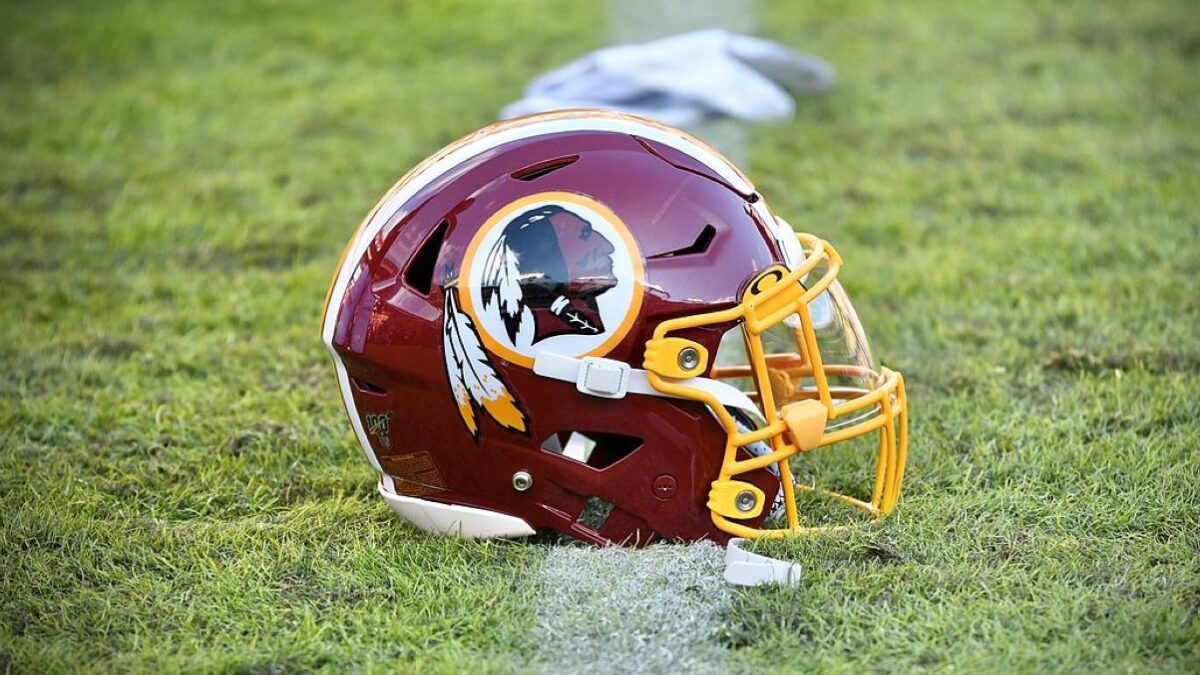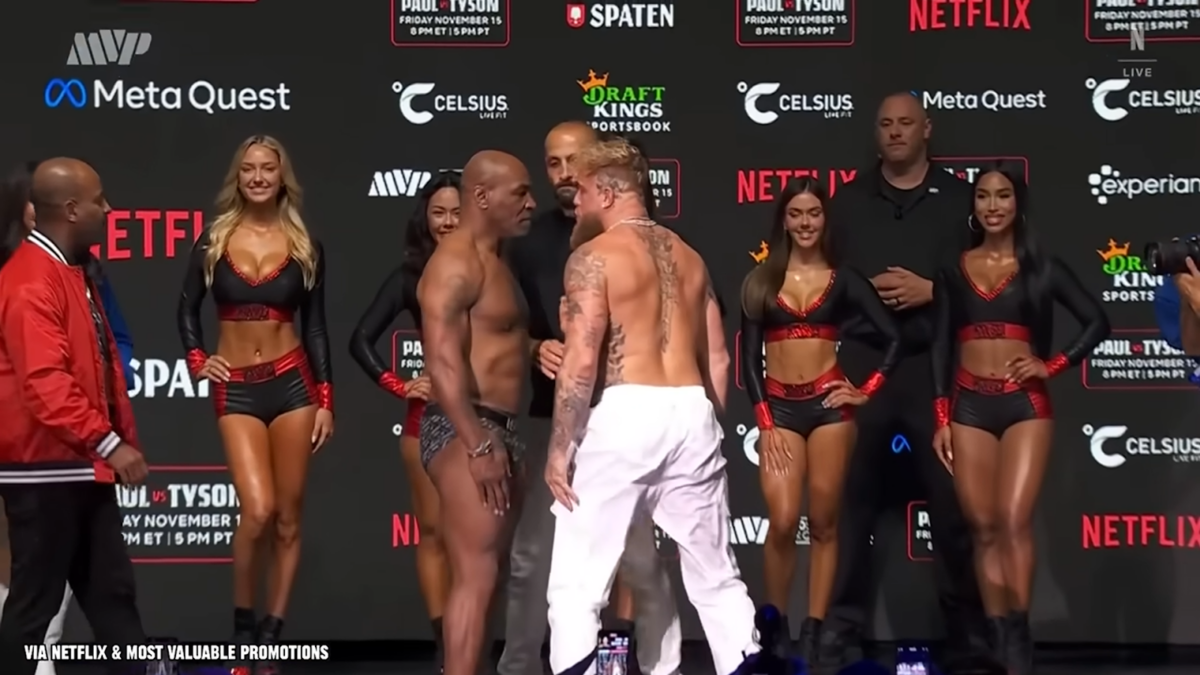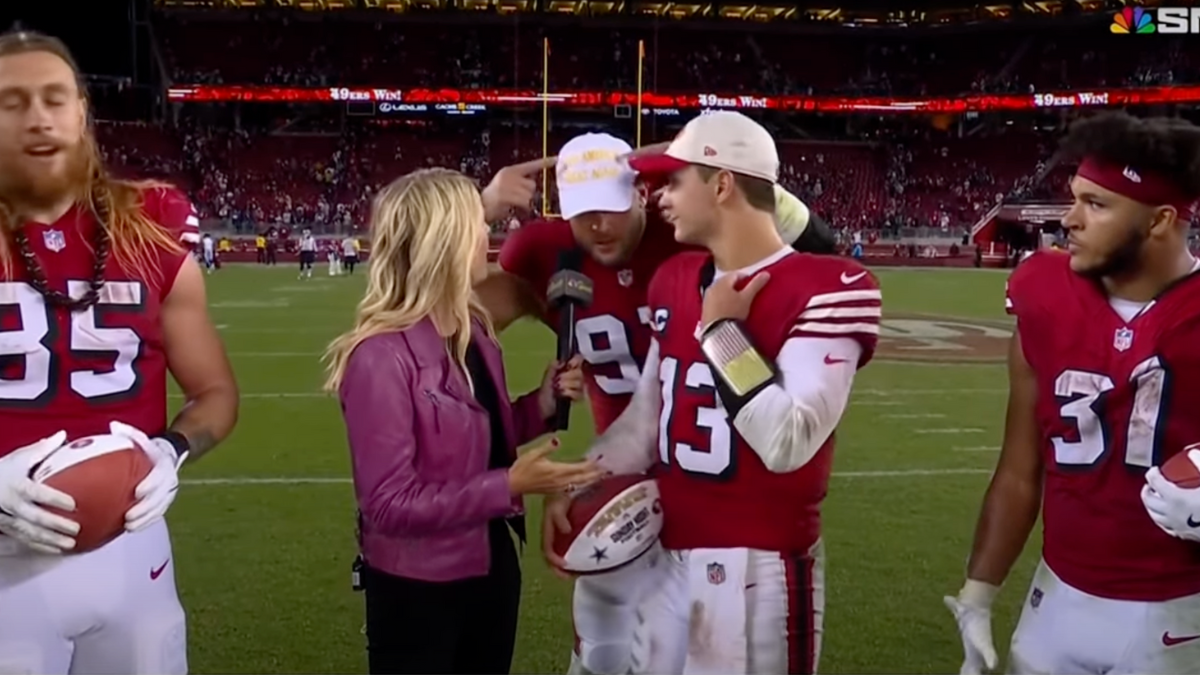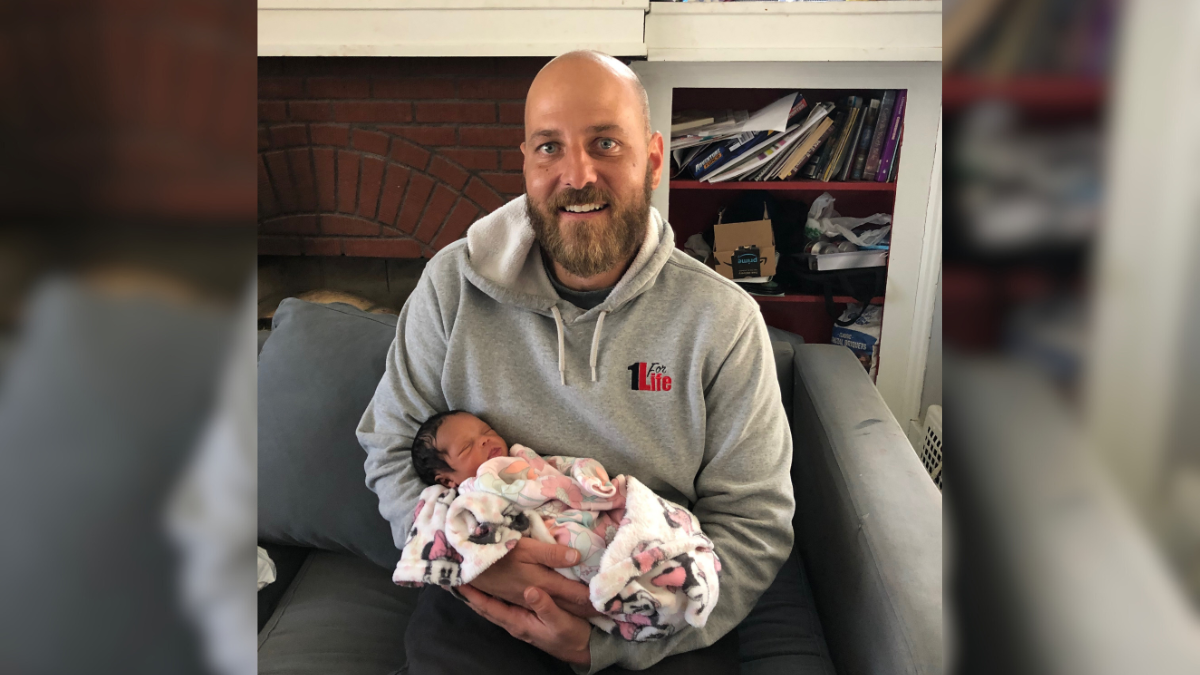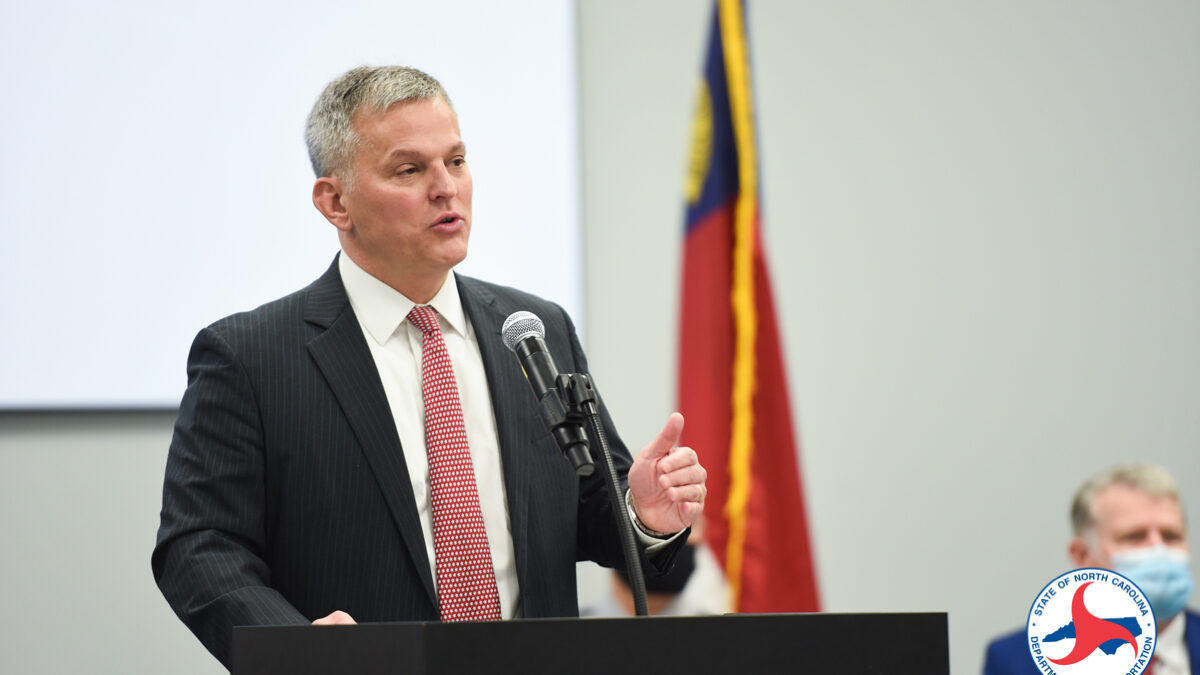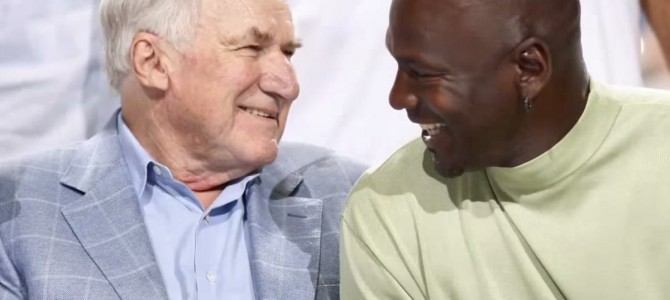
There is much to be said about the legacy of basketball at the University of North Carolina. Many define the program by the number of national championships won, the stellar athletes we watch around the National Basketball Association, even recent academic irregularities that have tarnished some around the program. However, there is no legacy like the one of the man who changed the game of basketball, social norms in the South, the university itself, and the lives of many young people. Dean Smith was a man that all men should strive to be, not as a coach, but as a leader and role model for their families and in their careers. He died recently, at 83 years old.
The UNC basketball program is, and always will be, a testament to Coach Smith’s lifetime caring for anyone who touched the program. As former Tar Heel Phil Ford once said, “I got a coach for four years but a friend for life.”
That friend is attributed around the sports world as the first coach in the modern era who really instilled family into his program. As Seth Davis of Sports Illustrated put it, “There was a whiff of Cosa Nostra in this notion. Smith was the Godfather, and they all knew there was nothing he wouldn’t do to help them, whether they asked or not. And when he asked something of his players, they were expected to deliver, especially if it was on behalf of another member of the family.”
The Known and Unknown Stories of Dean Smith
There are the stories many of us have heard, including his lack of desire for personal attention, but instead noted success for his kids, his remarkable innovation in the sport, and his uncanny memory—which had been deteriorating the last few years due to a degenerative disease. Greg Hansbrough, brother of legendary Tar Heel Tyler Hansbrough, recalls that even a couple of years ago Coach Smith would talk with him, ask about his running career, and discuss strategy for Coach Roy Williams to employ. “I wasn’t even one of his kids, but I was family and he always treated me like I was,” he says.
There are also the stories most do not know. He fought hard for social justice. He recruited, stood by and supported Charles Scott, the Atlantic Coast Conference’s (ACC’s) first African-American scholarship athlete in the mid-1960s. Smith participated in sit-ins and integrated The Pines Restaurant in 1964, and joined campus protests over the Vietnam War and the use of the death penalty. Coach Smith never backed down from social issues, telling his kids that sometimes what is right isn’t popular, but that as a family they would persevere.
Being in his presence made young people from every walk of life in America feel like they mattered, and every adult want to work harder. He never wanted attention, but never shied away from doing what he believed was right for his family and faith. Years after graduating from UNC, he was known for giving financial planning and assistance to his kids, marriage counseling when asked, and was quick to write letters and make calls to help anyone get a job.
‘The Best Leaders Care for the People They Lead’
Coach Smith’s book on leadership lessons doesn’t read like a standard book. He notes one of the top 10 ways to be a real leader—whether on the court or in the home—is to be “caring” with those around you. He notes that this can be especially tough for men. But Coach Smith believed, “The best leaders … care about the people they lead, and the people who are being led know when the caring is genuine and when it’s faked or not there at all. I was a demanding coach, but my players knew that I cared for them and that my caring didn’t stop when they graduated and went off to their careers.”
This caring is exemplified by his family members, former colleagues and UNC players. For example, Eric Montross, a former UNC center, hosts a yearly Father’s Day Camp at the Dean Smith Center where dads spend Father’s Day weekend learning about being the coach of their team, and children learn about being a team player in the family unit—in addition to the fun basketball skills learned while playing with the years current Tar Heel team.
Some of Coach Smith’s other top leadership strategies include Servant Leadership and Confidence Building. He wanted players to reach their potential, even himself sitting in the back of planes while traveling so the kids could experience what it felt like to be first class. He knew he was leading by example, but he also wanted them to understand their worth as people and work hard to sacrifice for others.
However, despite being an avid winner, Coach Smith also believed that perspective was important at all times. Off the court, his kids dealt with real issues over the three decades he was a head coach. Former player Pete Budko remembers, “On the occasions when we didn’t win, he would tell us there were two billion people in China who didn’t care one bit about the outcome of our game.”
The Carolina Way
During his time as a head coach, Smith won 879 games, two national championships, an Olympic gold medal in 1976, 13 ACC titles, and 17 ACC regular season titles, and ensured that each and every athlete involved in those statistics had any and all opportunities in life possible.
Until his death, Dean Smith has a small office in the basement of the “Dean Dome,” and did all that his body would allow him to do for the community, school, and his kids. Until recently, he could be found typing away ten-page responses to Roy Williams’ one-sentence questions about a play. His commitment, his passion, his deep caring for others—that is the real legacy of Dean Smith, one every man should look to as a guidepost for how to be a leader in his family and career.
We call it “The Carolina Way.”


